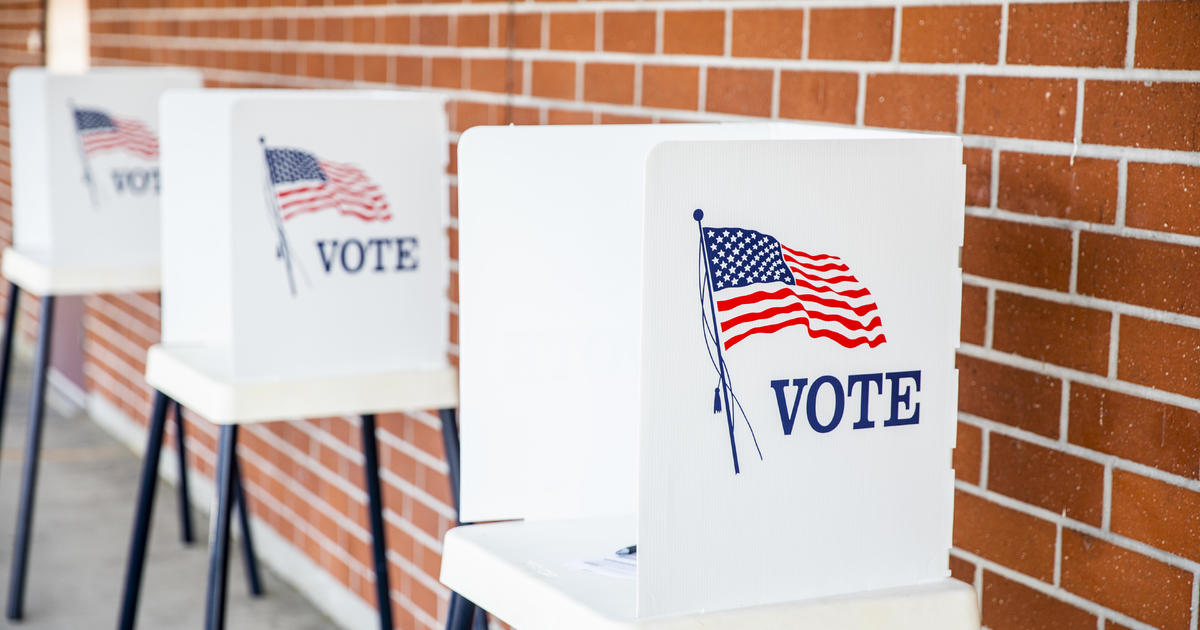Local Groups Urge No Vote On Constitutional Amendment, Saying It Could Hurt Rights Of The Accused
PITTSBURGH (KDKA) -- It's called Marsy's Law.
The idea is to give more rights to victims of crime, such as better notice to families when alleged criminals go to trial or convicted felons are released.
But an effort to put those rights into the state Constitution is getting strong opposition, especially from those who say it will limit the rights of an accused person to defend themselves in court.
Who can oppose victims' rights especially after seeing TV ads from victims like this:
Ad Person #1: "I heard through the grapevine that my son's killer was released. I was never notified."
Ad Person #2: "Let's give equal rights to crime victims."
Ad Person #3: "Vote 'YES' on the crime victims' rights amendment."
But it's more complicated, say the League of Women Voters, the American Civil Liberties Union, and the Pennsylvania Association of Criminal Defense Lawyers.
All three groups urge a 'NO' vote.
"What victims' rights has done is bundled a whole bunch of changes to the Pennsylvania Constitution, 15 changes to 8 different sections of the Constitution, into victims' rights," says Vic Walczak, legal director of the Pennsylvania ACLU. "And the average voter cannot know what each of those changes is going to do," he told KDKA political editor Jon Delano on Monday.
What exactly those changes will do are subject to interpretation.
Those urging a NO vote on this constitutional amendment say it upends our traditional beliefs of innocent until proven guilty.
They say if a victim is presumed to be a victim before there is a trial, then the accused is presumed to be guilty, not innocent.
And so this amendment, they say, will take away basic due process rights needed by the accused to defend himself.
Jacob Wyland, a former prosecutor who defends those accused of crime, says this amendment could limit an accused's ability to prove his innocence against someone claiming to be a victim.
"If that singular person who is levying the allegation then has a constitutional right to withhold potential evidence, that would directly do harm to my ability to defend a client who has been accused of crime," says Wyland.
Walczak says, unless you understand the fine print, it's simple.
"If somebody puts something in front of you and says sign this or vote for this, and you don't understand or know what's in it, you should always vote NO."
"Never sign on to anything that you're not sure what it is."
Voters will vote on the amendment on Tuesday, November 5.



